As a parent, you want to ensure your child is thriving, but it can be difficult for young children to realize or express that they’re experiencing vision problems. Whether they’re struggling to read, see clearly in class, or even play with their friends, undiagnosed vision issues can significantly impact their development. That’s why, as a parent, it’s essential to be on the lookout for signs that your child may be struggling to see.
In this blog, we’ll discuss key warning signs of vision problems in young children and why early detection is crucial for ensuring their overall health and well-being. If you live in Edmonton or the surrounding areas, read on to learn how you can help your child maintain healthy vision for years to come.
Babies
During your baby’s first few months, their eyes may occasionally wander, cross or appear misaligned or unfocused. This is entirely normal, as the muscles in their eyes aren’t yet fully developed or well coordinated. However, if your baby’s eyes are constantly drifting, you should speak with your optometrist. Although babies develop at different speeds, they should be able to track objects and make steady eye contact with family members and friends by four months old. If your baby’s eyes move quickly from side to side, jerk or wander randomly instead of staying focused, they may be experiencing vision problems. In addition, the following symptoms could indicate an issue with your baby’s vision health:
- Extreme light sensitivity may indicate concern such as high pressure.
- White or cloudy pupil could be a sign of cancer.
- Excessive tearing may be due to a blocked tear duct.
- Red, crusty eyes could signal an infection.
- Eyes crossing inward or drifting outward after four months could indicate eye problems.
- Difficulty making steady eye contact or seeming unable to see might indicate a vision issue among babies older than three months.
Finally, if you think your baby may be having trouble seeing, you should schedule an appointment with your optometrist as soon as possible. The Canadian Association of Optometrists recommends that children have their first exam between the ages of six and nine months old.
Preschoolers (Ages 2-5)
Between the ages of two and five, your child’s vision is becoming fine-tuned. During this important developmental stage, it’s essential to watch out for potential signs of vision problems. For example, if your child finds it challenging to recognize colours, shapes, letters and numbers, their vision may be impaired. Additionally, if your child is exhibiting any of the following behaviours, they may require vision correction:
- Sitting too close to the TV could be a sign of nearsightedness.
- Squinting could indicate a refractive error.
- Tilting their head may be a sign of a lazy eye.
- Rubbing their eyes could indicate eye fatigue or strain caused by blurred vision.
- Difficulty concentrating could be a symptom of accommodative dysfunction.
- Constant headaches might be a sign of overexertion due to unclear vision.
- Holding a book too close could suggest nearsightedness.
- Covering one eye may indicate a lazy eye or other vision issues.
- An eye turning in or out can be a sign of strabismus (crossed or misaligned eyes).
- Sensitivity to light might point to vision discomfort or a refractive issue.
- Difficulty with eye-hand-body coordination during activities like ball games or bike riding could indicate visual problems.
- Avoiding tasks requiring focus, such as colouring or puzzles, may indicate vision difficulties.
If you notice any of these signs in your preschooler, you should arrange a visit with your optometrist.
School-Age Children (6+)
When a child’s visual abilities are underdeveloped or absent, it can hinder their ability to complete school tasks. Often, children don’t express their difficulties, believing that their way of seeing the world is the same as everyone else’s. They may try to complete assignments, but their understanding or efficiency is reduced, which can result in feelings of frustration and stress. The following signs may suggest a vision issue in school-aged children:
- Complaints of eye strain or tiredness
- Excessive eye rubbing or blinking
- Short attention span
- Avoidance of reading or close-up tasks
- Recurrent headaches
- Covering one eye
- Tilting the head in one direction
- Holding reading materials too close
- Eyes that turn inward or outward
- Experiencing double vision
- Losing their place while reading
- Difficulty recalling what was read
The above signs can often be mistaken for symptoms of Attention Deficit Hyperactivity Disorder (ADHD). Therefore, if your child is showing the symptoms listed above, it’s important to take them to an optometrist promptly to help prevent a potential misdiagnosis.
Myopia Control for Children
Detecting myopia (nearsightedness) early in children is crucial for slowing its progression. Myopia management focuses on identifying and addressing myopia at an early stage to help reduce its rapid development. There are several effective treatment options available to manage myopia in children, including Myopia Control Soft Contact Lenses, specially designed Myopia Control Glasses Lenses, formulated eye drops, and Ortho-Keratology (Ortho-K) rigid contact lenses. These treatments can help your child maintain clearer vision and prevent further deterioration. If your child shows early signs of myopia, consult your optometrist to explore the best options for managing their eye health.
Family Optometrist in Edmonton
Optometrists’ Clinic Inc. is proud to offer comprehensive eye exams to patients of all ages. Our optometrists provide personalized correction solutions for children and adults alike. Whether you need eyeglasses, contact lenses or advice, our staff can help. Contact us today to book an appointment at one of our clinics in Edmonton, Leduc or Westlock.




